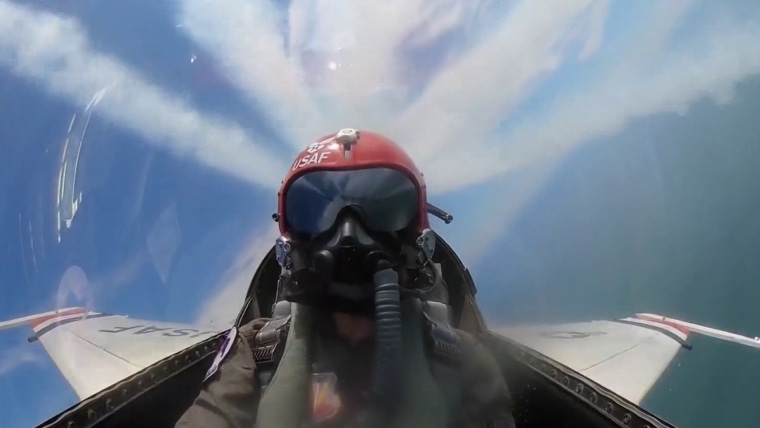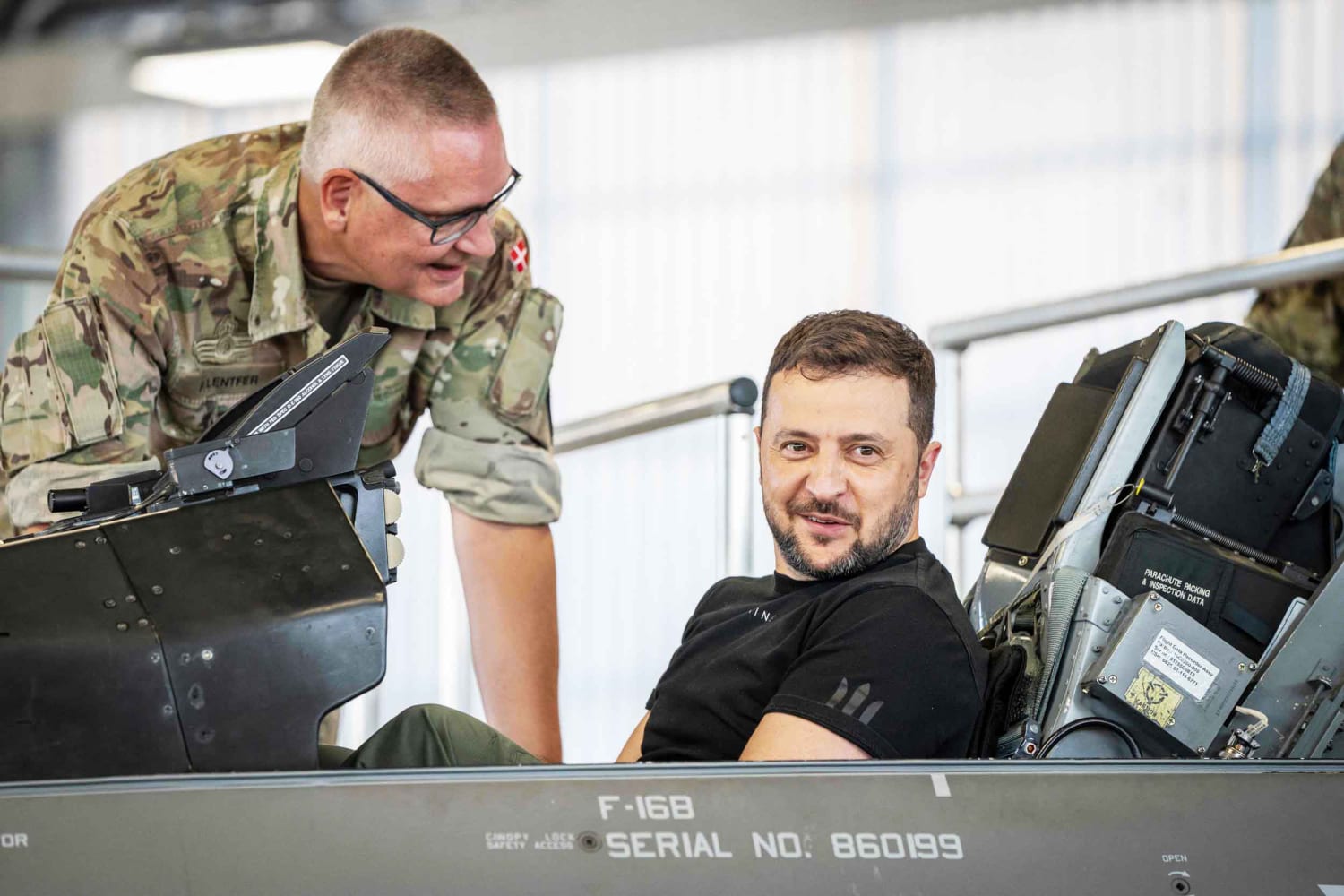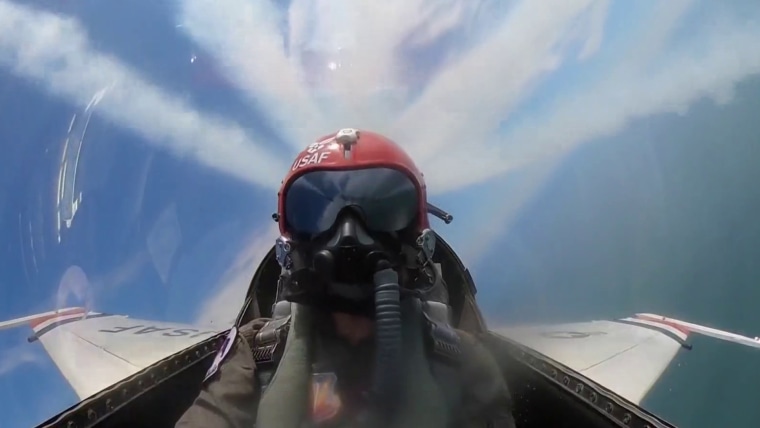Ukrainian air force spokesman Yuriy Ihnat said the F-16s will help “completely change the course of combat actions.”
Moscow similarly portrayed the decision as a significant development in the war, calling the move escalatory.
“The fact that Denmark has now decided to donate 19 F-16 aircraft to Ukraine leads to an escalation of the conflict,” the Russian ambassador, Vladimir Barbin, said in a statement cited by the Ritzau news agency.
The fighter jets are an undoubted upgrade for a country that has been using aging Soviet-era combat planes and has been forced into waves of vulnerable ground assaults.
“The F-16 is an incredible platform,” Maj. Jeff Downie, part of the U.S. Air Force’s elite Thunderbirds unit, said in a recent interview at a base in Nevada. “It’s got it all,” he said, explaining that the jet can perform both “air-to-air and air-to-ground operations.”
That could make the F-16s invaluable in providing aerial support to advancing troops as Ukraine pushes to reclaim occupied territory.
Downie, who regularly flies the fighter jet, described it as “the backbone of the United States Air Force.”
But it could be some time before the F-16 is the backbone of Kyiv’s air force.
Training delays
Operating such an advanced fighter jet requires months of training.
Some training has already begun for Ukrainian pilots, Dutch Prime Minister Mark Rutte said Sunday, but it’s just language lessons so far.
Ukraine only recently submitted names of the pilots to be trained and more than half of them need English training to be able to read commands and manuals, a U.S. official said.
Mechanics and engineers also need to be trained, while there are a number of lingering questions, including what weapons the West will supply to arm the jets.
That means it could take until next summer at the earliest, if not much longer, for Ukrainian squadrons to be ready for battle, analysts said.
Source: | This article originally belongs to Nbcnews.com











